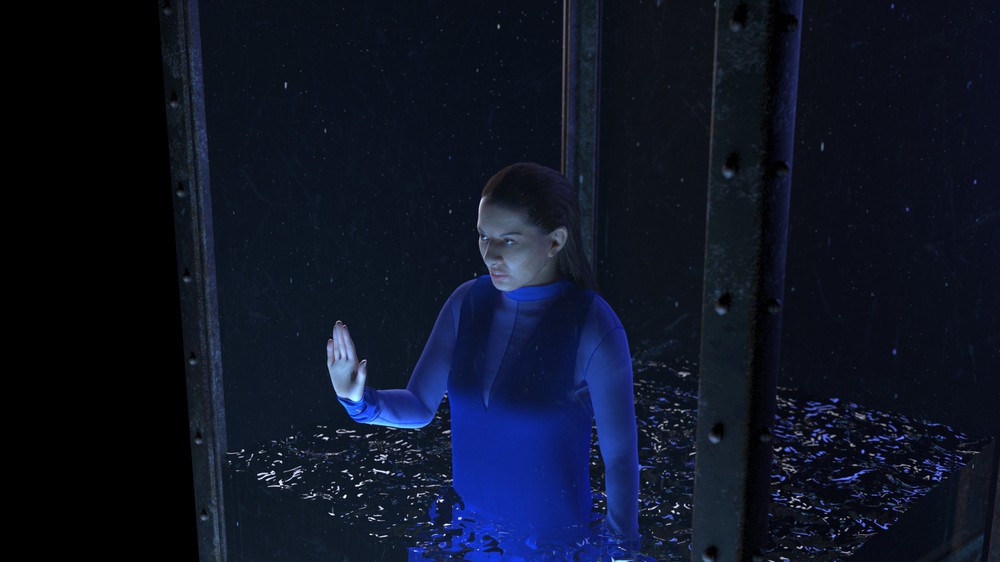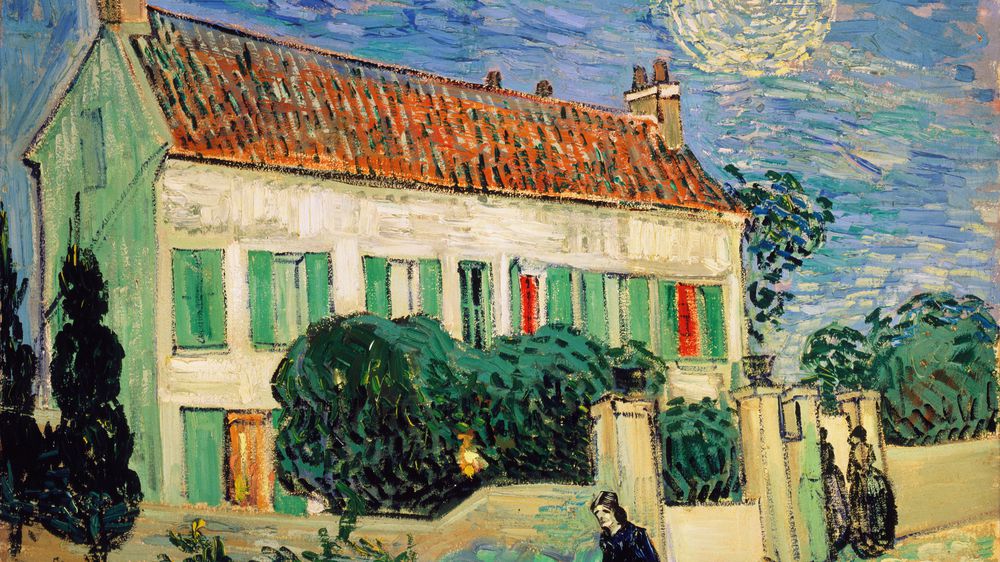
Michelangelo Caravaggio
Famed for his fiery temper, Caravaggio was the greatest artist of the Italian Baroque and one of art history’s stylistic revolutionaries. He enrolled in the studio of Simone Peterzano in 1584, but arguably learnt more from studying paintings by great Venetian masters such as Titian. Following his move to Rome in 1592, his early work consisted of still lifes and half-length figure paintings. However, the patronage of Cardinal Francesco del Monte led to his first ecclesiastical commission in 1599. From this point until his early death, Carravaggio produced a string of groundbreaking public works marked by a radically realistic technique and deep chiaroscuro shadows. Eshewing careful underdrawing, he painted directly ‘from life’ onto the canvas, using low-lifes from the Roman streets for models. Forced to flee after killing a man in a brawl, he spent time both in Naples and with the Knights of Malta, before dying of malarial fever. He spawned innumerable imitators known as Caravaggisti, but also influenced Velázquez, Rembrandt and later Realist movements.
Editorial (5)

"Not in Good Taste": The Birth of Baroque
(Want to explore the history of other movements, styles, and schools? Check out our series.)…

VR Art, Caravaggio Remixed, Female Rage & More
Each week, we scour the internet for the most significant, surprising, and outrageous art news—helping you stay informed (an…

7 Female Old Masters Who Defied Their Time
No one has ever claimed that it’s easy to become a successful (self-sufficient, critically acclaimed) artist. Not today, and…
Playlists (19)



The Crown Jewels of Baroque Art



The Hermitage Museum: Curated Picks
Related artists

Antoine Coypel
French, 1661–1722
Jean-Baptiste-Siméon Chardin
French, 1699–1779